What’s the Buzz
The Bee Healthy Blog
How Much Niacin Can I Take Safely?

Niacin (also called nicotinic acid, nicotinamide, and vitamin B3) is an essential nutrient that plays a vital role in the body. Dietary niacin (vitamin B3) is necessary to maintain overall good health as it can lower cholesterol and support brain health, among other health benefits. However, taking high doses of niacin can potentially cause serious problems.
This article will talk about niacin therapy, including food sources of this essential vitamin, whether taking niacin supplements is advisable, and how much niacin is considered safe.
What is niacin (nicotinic acid)?
Niacin, or vitamin B3, is an essential vitamin needed by the body to convert food into energy. Niacin plays a vital role in DNA production and the functioning of cells. It helps to maintain the health of the digestive system, the nervous system, and the integrity of our skin. Some of the health benefits of niacin are listed below.
Lowering cholesterol levels
Niacin is known for its effects on lipid and lipoprotein levels; lipoprotein is the transporter of cholesterol in the blood. More specifically, niacin helps increase HDL cholesterol (high-density lipoprotein cholesterol), which is the “good cholesterol,” while lowering LDL cholesterol (low-density lipoprotein or bad cholesterol). Niacin also helps reduce triglyceride levels.
Mixed hyperlipidemia, also referred to as familial combined hyperlipidemia, is a condition that may include elevated total cholesterol, LDL, triglyceride levels, and low HDL cholesterol (the good cholesterol). Combinations of niacin and other cholesterol-lowering medications such as statins, bile acid sequestrants, ezetimibe, and PCSK9 inhibitors (such as Praluent) are effective in managing mixed hyperlipidemia. Of course, along with medication therapy, lifestyle changes play a vital role in managing this condition.
Researchers have also studied how treating high cholesterol with niacin might help patients with chronic kidney disease.
Helping control high blood pressure
Niacin helps to release prostaglandins, which are chemicals that widen blood vessels, improve blood flow, and lower blood pressure.
High cholesterol and high blood pressure (hypertension) are leading risk factors for coronary artery disease, heart disease, and cardiovascular events like stroke and heart attack.
Promoting brain function
A severe deficiency of niacin can lead to memory loss and dementia. Other symptoms of niacin deficiency may include headache, brain fog, fatigue, and depression. There is ongoing research about the role of niacin therapy in schizophrenia and Alzheimer’s disease. Keep in mind that there is no evidence that a minor niacin deficiency from dietary intake can negatively impact brain function. Therefore, severe niacin deficiency typically occurs in developing countries.
Having skin-protectant effects
Studies have shown that niacin, both topical and oral dosage forms, can protect the skin from sun damage and reduce the risk of certain types of skin cancer.
May improve inflammatory bowel disease
Niacin has benefited some patients with ulcerative colitis, an inflammatory bowel disease. It is believed niacin helps in mucosal healing, leading to a remission of symptoms. The mucosal lining is the lining of body organs and cavities; in this case, it is referred to as the inner lining of the gastrointestinal tracts.
What happens if you have niacin deficiency?
Niacin deficiency is rare in developed countries like the United States. Most people get enough dietary niacin from the food they eat. Additionally, the liver uses tryptophan, an amino acid, to make niacin in the body.
However, it is possible to develop a niacin deficiency if you don’t consume a balanced, healthy diet containing niacin and tryptophan-containing foods. Unlike niacin, tryptophan is not a vitamin; it is an amino acid necessary for the body to make protein and produce niacin.
When chronically severe, niacin or tryptophan deficiency leads to a condition called pellagra. Symptoms of pellagra may result in the 4D’s: dermatitis, diarrhea, dementia, and even death.
Diarrhea usually occurs first, along with nausea, vomiting, and sores in the mouth and tongue. Then dermatitis is typically present as a rash on the face, lips, neck (in some people), hands, and feet. Other skin symptoms may include red, flaky skin with areas of discoloration and thick, crusty skin that may cause itchiness or burning sensation. As mentioned, dementia and other psychiatric symptoms are also seen in patients with pellagra, such as depression, altered mood, confusion, paranoia, and hallucinations. Seek medical attention immediately if you or your loved one experience any of these symptoms.
How much niacin do I need?
The recommended daily intake of niacin depends on your age and gender. Niacin is measured in milligrams (mg) in niacin equivalents (NE). The recommended daily amount accounts for both the niacin from dietary intake and the niacin the liver makes from foods that contain tryptophan. One NE equals 1 milligram of niacin and 60 mg of tryptophan.
Here are the recommended dietary reference intakes from the Food and Nutrition Board for different age groups:
Young Children
- Birth to 6 months: 2 mg
- 7–12 months: 4 mg NE
- 1–3 years: 6 mg NE
- 4–8 years: 8 mg NE
Older Children and Adolescents
- 9–13 years: 12 mg NE
- Boys 14–18 years: 16 mg NE
- Girls 14–18 years: 14 mg NE
Adults
- Men 19+ years: 16 mg NE
- Women 19+ years: 14 mg NE
- Pregnant women: 18 mg NE
- Breastfeeding women: 17 mg NE
What foods are natural sources of niacin?
Niacin is found in foods of animal origin such as beef, pork, poultry, and fish; some nuts, grains, and legumes; and certain vitamin-enriched foods like cereals and bread.
Should I take niacin supplements?
Most people who eat a healthy, balanced diet can get enough niacin from food sources. However, niacin supplementation may be necessary for undernourished people or those with certain medical conditions that prevent the proper absorption of nutrients from the gut.
Niacin is found in many multivitamins and B complex products as a combination therapy with other vitamins, or you can get niacin-only supplements. It comes in two main forms in dietary supplements—nicotinamide and nicotinic acid. Also, prescription niacin (nicotinic acid) is available to treat high cholesterol levels.
What happens if you take too much niacin? Can niacin cause liver disease?
Taking high doses of water-soluble vitamins like niacin from food sources does not typically cause any problems. However, taking very high doses of niacin through over-the-counter supplements or prescription niacin can lead to serious health problems.
Taking 500 mg per day of niacin supplements can lead to severe skin flushing, itching, easy bruising, dizziness, nausea, heartburn, diarrhea, rapid heartbeat, low blood pressure, and extreme tiredness.
Niacin can also cause worsening allergies, thyroid disorders, and gallbladder disease. Niacin can also interfere with glucose control and lead to high blood sugar for people with or without diabetes.
Taking very high doses of niacin, such as 3,000 mg/day or long-term treatment with extended-release niacin, can lead to liver damage, liver disease, and liver failure.
Drug Interactions
It is important to talk to your healthcare provider before starting any dietary supplement, including niacin. You should give your healthcare provider a complete list of your medications, including prescription drugs, over-the-counter supplements, vitamins, and herbal products.
Certain medications, such as tuberculosis drugs (pyrazinamide and isoniazid), interfere with the conversion of tryptophan to niacin, leading to niacin deficiency.
High doses of niacin (nicotinic acid) can raise blood sugar levels and make diabetes medications less effective. Niacin can raise blood sugar levels even in people who don’t have pre-existing diabetes.
Wrapping Up
Vitamin B3 (niacin) is an essential vitamin that plays a vital role in many important processes in the body. Niacin deficiency can lead to serious health problems. Many foods are natural sources of niacin, and most people can get enough niacin from a healthy, balanced diet.
Taking niacin supplements may be helpful in some cases. However, long-term high doses of niacin can increase your risk of adverse effects. For this reason, you should talk to a healthcare professional before you take niacin supplementation.
References:
- https://ods.od.nih.gov/factsheets/Niacin-Consumer/
- https://pubmed.ncbi.nlm.nih.gov/27793642/
- https://pubmed.ncbi.nlm.nih.gov/33404619/
- https://pubmed.ncbi.nlm.nih.gov/23231526/
- https://pubmed.ncbi.nlm.nih.gov/16160934/
- https://www.ncbi.nlm.nih.gov/pmc/articles/PMC5412792/
- https://www.ncbi.nlm.nih.gov/pmc/articles/PMC4716114/#
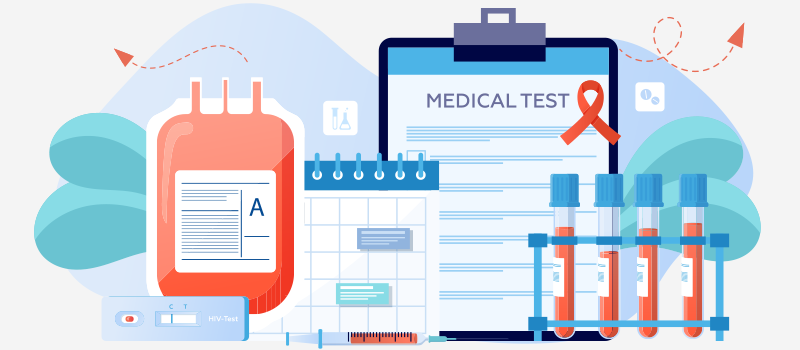
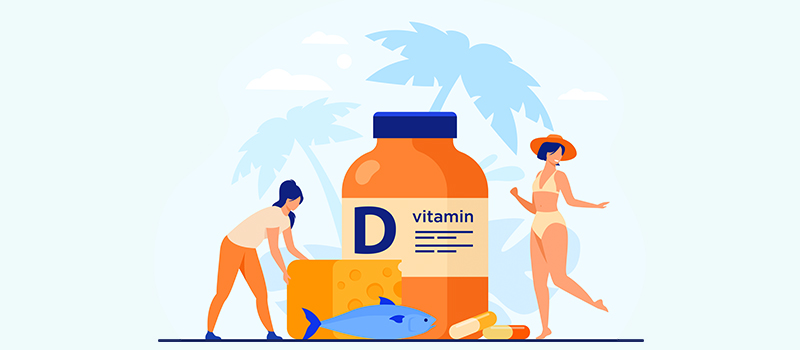



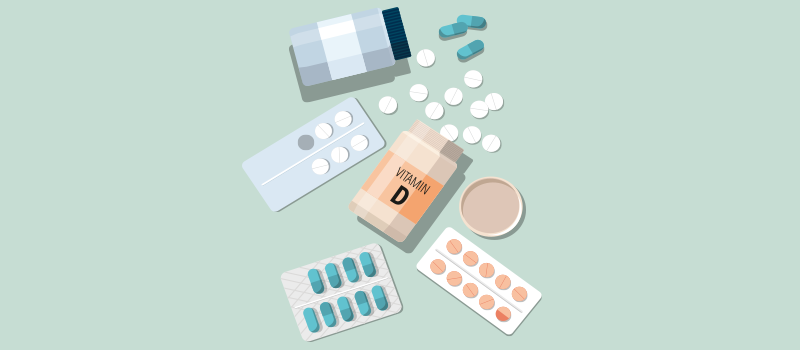



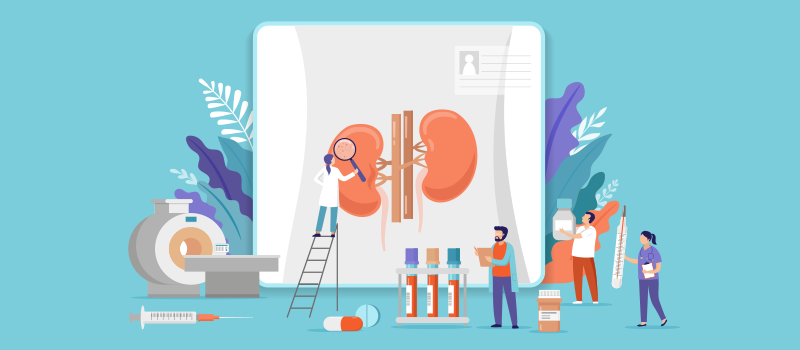
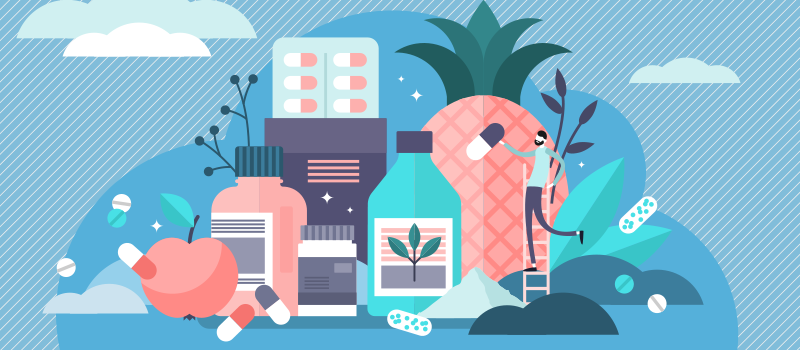

SOCIAL